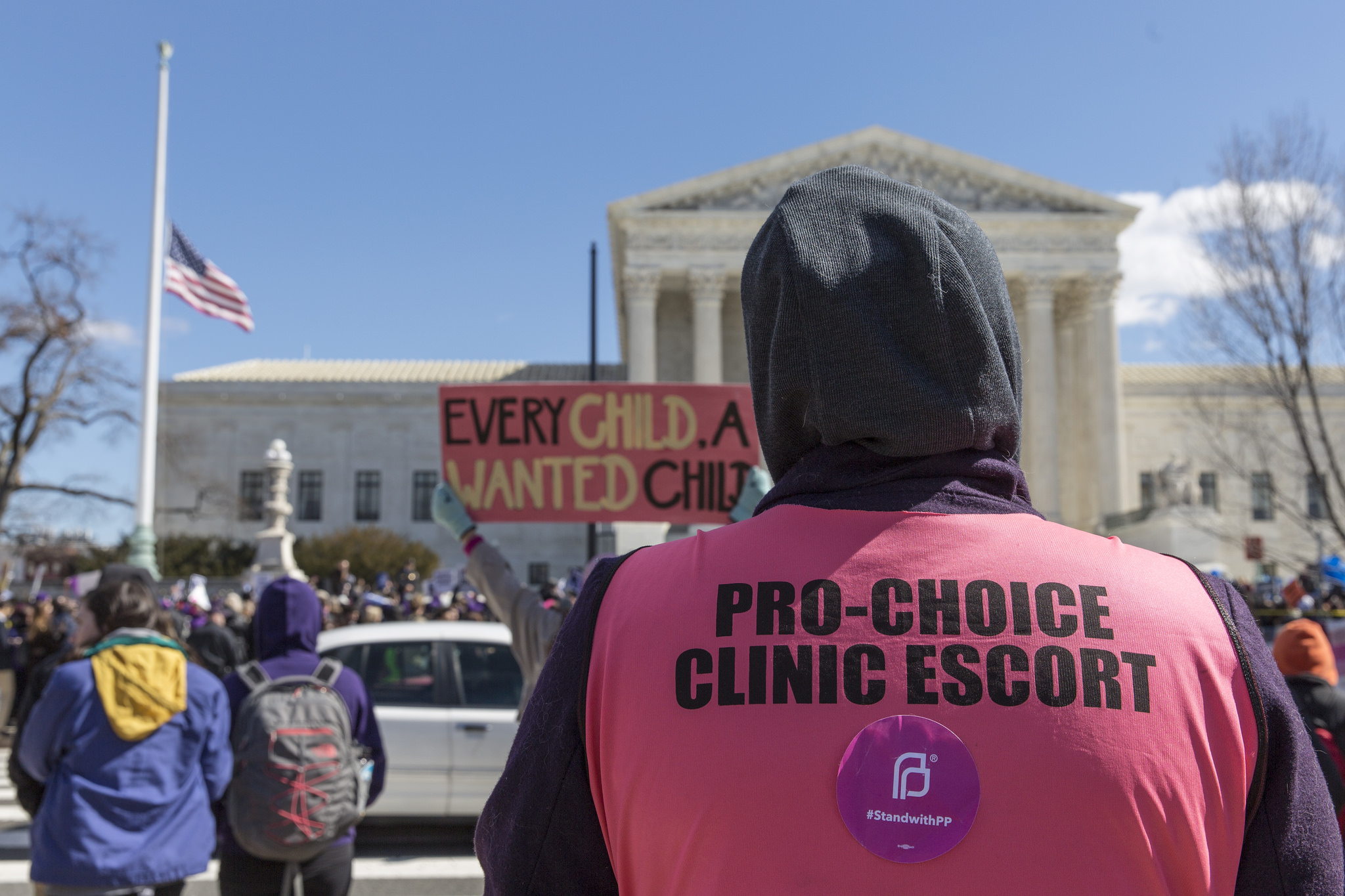FYI, Trump, Men Get Breast Cancer Too: How Trump’s Gender War Hurts Male Veterans

Most people have breasts, including men. That is not a political statement, it’s just a statement of fact.
In the Trump administration, however, this statement could be read as “too woke.” In keeping with Project 2025’s directive to attack anything that doesn’t fit neatly into a rigid gender binary, the Trump administration has decided that male veterans with breast cancer will treated differently than female veterans with breast cancer when it comes to disability benefits.
Here’s why Trump’s rigid definition of gender is dangerous:
You may remember that on day one of Trump’s current term, he issued an executive order that narrowly and unscientifically defined gender. The primary purpose of this order was to discriminate against transgender, intersex, and nonbinary people.
And while gender-diverse people are certainly the most impacted by this executive order, they aren’t the only ones suffering. Recently we learned that Trump’s order has made it much harder for male veterans with breast cancer to access needed benefits.
Yes, that’s right: male veterans will now have much more difficulty accessing cancer benefits as a result of Trump’s strict adherence to the gender binary.
To understand how male veterans got caught up in attacks on gender-expansive people, it helps to look back at a law Congress passed just a few years ago:
In 2022, Congress passed the bipartisan Promise to Address Comprehensive Toxics (PACT) Act, which greatly expanded veteran health care benefits by making it easier for veterans poisoned by toxic substances during their service to get the care that they need. In 2024, the Biden administration clarified that this included expanding care to male veterans who contract breast cancer.
This expanded coverage for breast cancer in men is really important for a number of reasons: 1) breast cancer rates for men are increasing, 2) male veterans have higher rates of breast cancer than average, and 3) breast cancer has been shown to be more dangerous in men than women, in part because men are often undertreated for the disease—a deadly phenomenon that will worsen under this new policy change.
It really should go without saying that a veteran who contracts a disease because of their service to our country should get the support they need, no questions asked. As one male veteran, Kirby Lewis, put it in his interview with ProPublica: “I don’t care if it’s toenail cancer. If exposure occurs, they should take care of those people.”
Unfortunately, the president doesn’t agree.
Citing their day-one executive order—intended to “root out gender ideology in the government”— the Trump administration removed breast cancer in men from the list of diseases covered by the PACT Act. Their decision essentially classified breast cancer in men in a different category than breast cancer in women, even though breast cancer acts in nearly identical ways regardless of gender, and the treatment is the same for both men and women.
But this order was not based on facts. It’s based on prejudice. And now, because of this prejudice, male veterans will once again need to prove that their breast cancer was contracted because of their service—an extraordinarily high bar that may be impossible to meet—while also navigating a cancer diagnosis, which is a job in and of itself.
In conclusion—the gender binary hurts all of us:
Trump’s decision to make it harder for male veterans to access benefits isn’t based on medicine or science—it’s driven by prejudice and an obsession with rigid gender norms that hurt everyone. We shouldn’t be playing politics with veterans’ cancer care, and veteran benefits should never be subject to ideological red tape.





